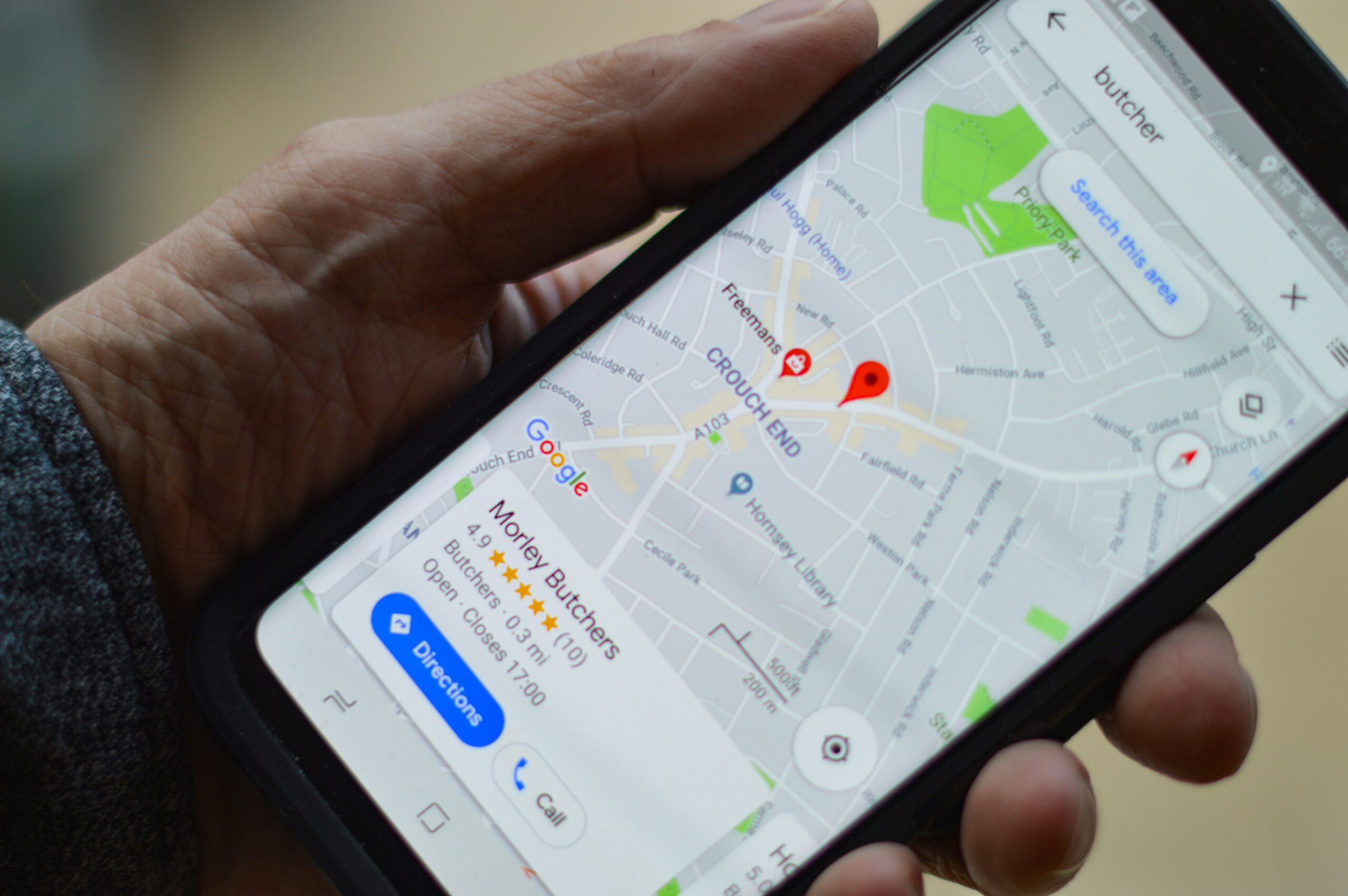Table of Contents
If you’re just dipping your toes into the vast ocean of SEO, you’re in the right place. Let’s cut through the noise and get straight to what matters—skyrocketing your rankings. I’ve compiled 10 powerful SEO tips for beginners that will set you on the path to dominating those search engine results pages (SERPs). So, buckle up and let’s dive in.
1. Understand What SEO Really Is
First off, let’s get one thing straight—SEO (Search Engine Optimization) isn’t some mystical dark art. It’s a set of practices designed to increase your website’s visibility on search engines like Google. The better your SEO, the higher your site ranks when people search for relevant keywords.
Why Is This Important?
- Visibility: Higher rankings mean more visibility.
- Traffic: More visibility leads to increased search traffic.
- Credibility: Users trust search engines, so appearing on the first page boosts your credibility.
Remember, the goal is to make it easy for both users and search engines to understand your site.
2. Master Keyword Research
Think of keywords as the bridge between what people are searching for and the content you’re providing. Effective keyword research is the foundation of a solid SEO strategy.
How to Do It
- Use Tools: Utilize keyword research tools like Keyword Magic Tool or Google Ads Keyword Planner.
- Long-Tail Keywords: Target long-tail search queries; they’re less competitive and more specific.
- Search Intent: Understand the search intent behind keywords. Are users looking to buy, learn, or compare?
Tip: Focus on keywords with a good balance of high search volume and low competition.
3. Optimize Your On-Page SEO Elements
On-page SEO is all about optimizing individual web pages to rank higher and earn more relevant traffic.
Key Elements to Optimize
- Title Tags: Include your primary keyword, and keep it under 60 characters.
- Meta Descriptions: Make it compelling. Use primary and related keywords naturally.
- Header Tags (H1, H2, H3): Use them to structure your content logically.
- URL Structure: Keep it clean and include your target keyword.
By optimizing these elements, you help search engines and users understand your content better.
4. Create High-Quality, Relevant Content
Content is king, queen, and the whole royal family. Search engines prioritize websites that provide valuable and relevant content to users.
Best Practices
- Answer User Questions: Aim to satisfy search intent fully.
- Use LSI Keywords: Incorporate latent semantic indexing (LSI) keywords to provide context.
- Keep It Fresh: Regularly update your content to keep it relevant.
- Use Visuals: Images, infographics, and videos can enhance user engagement.
Quality content not only improves your rankings but also keeps visitors on your site longer.
5. Improve Your Site’s Load Speed
Site speed is a critical ranking factor. Slow websites frustrate users and lead to higher bounce rates.
How to Boost Site Speed
- Optimize Images: Compress images without losing quality.
- Use Browser Caching: Store website data locally on users’ browsers.
- Minify CSS and JavaScript Files: Reduce code to speed up load times.
- Choose a Good Hosting Provider: Reliable hosting can make a significant difference.
Tools like Google’s PageSpeed Insights can help you identify and fix speed issues.
6. Make Your Site Mobile-Friendly
With the majority of searches happening on mobile devices, a mobile-responsive site is non-negotiable.
Why It Matters
- Google’s Mobile-First Indexing: Google primarily uses the mobile version of content for ranking and indexing.
- User Experience: A mobile-friendly site provides a better user experience.
- Increased Traffic: Mobile optimization can lead to higher rankings and more traffic.
Ensure your site adapts seamlessly to any screen size.
7. Leverage Internal and External Linking
Linking is crucial for SEO. It helps search engines crawl your site and understand the relationship between different pages.
Internal Linking
- Distribute Link Equity: Spread ranking power among pages.
- Enhance Navigation: Help users find related content.
- Improve Indexing: Makes it easier for search engines to index your pages.
External Linking
- Credibility: Linking to authoritative sites adds credibility.
- Relevance: Connects your content to a broader context.
Tip: Ensure all links are relevant and add value to the user.
8. Utilize Analytics Tools
You can’t improve what you don’t measure. Tools like Google Analytics and Google Search Console are indispensable.
What to Track
- Organic Traffic: Monitor increases or decreases.
- Bounce Rate: High bounce rates may indicate irrelevant content.
- Keyword Rankings: See how well your keywords are performing.
- User Behavior: Understand how users interact with your site.
Use this data to refine your SEO strategy continually.
9. Optimize for Voice Search
Voice search is on the rise with the proliferation of smart speakers and virtual assistants.
How to Optimize
- Conversational Keywords: People use natural language when speaking.
- Question Phrases: Include who, what, where, when, why, and how.
- Featured Snippets: Aim to provide concise answers that can be featured.
By optimizing for voice, you’re future-proofing your SEO efforts.
10. Stay Updated with SEO Trends
The world of SEO is ever-evolving. What works today might not work tomorrow.
Ways to Stay Informed
- Follow Reputable Blogs: Sites like Moz, Search Engine Journal, and SEMrush.
- Join the SEO Community: Participate in forums and online communities.
- Attend Webinars and Conferences: Gain insights from industry experts.
Staying updated ensures your strategies align with the latest best practices.
Bonus Tip: Be Patient and Persistent
SEO is a long-term game. Results don’t happen overnight, but with consistent effort, you’ll see significant improvements.
Set Realistic Goals
- Short-Term: Improve site speed, fix broken links.
- Mid-Term: Increase organic traffic by a certain percentage.
- Long-Term: Achieve top rankings for target keywords.
Track your progress and adjust your strategies as needed.
Wrapping It Up
There you have it—10 powerful SEO tips for beginners. Implementing these strategies will set you on the right path toward dominating the search engine results pages.
Remember, the key to mastering SEO is understanding your audience and providing value. If you focus on delivering the best user experience, the rankings will follow.
So, what’s stopping you? Start applying these top SEO tips today and watch your website climb the ranks.



